Enhanced Inventory Management
The healthcare RFID market in Italy is experiencing a notable shift towards enhanced inventory management solutions. Hospitals and clinics are increasingly adopting RFID technology to streamline their supply chain processes. This technology allows for real-time tracking of medical supplies, reducing waste and ensuring that critical items are always available. According to recent data, the implementation of RFID systems can lead to a reduction in inventory costs by up to 30%. This efficiency not only improves operational workflows but also contributes to better patient care by ensuring that necessary equipment is readily accessible. As healthcare facilities continue to prioritize cost-effectiveness, the demand for RFID solutions is likely to grow, further driving the healthcare rfid market in Italy.
Regulatory Compliance and Standards
Regulatory compliance is a significant driver for the healthcare rfid market in Italy. The Italian government has established stringent regulations regarding the tracking and management of medical devices and pharmaceuticals. RFID technology facilitates adherence to these regulations by providing accurate and real-time data on inventory and usage. This capability is crucial for ensuring patient safety and minimizing errors in medication administration. Furthermore, compliance with these regulations can lead to financial incentives for healthcare providers, thereby encouraging the adoption of RFID systems. As the regulatory landscape continues to evolve, the healthcare rfid market is expected to expand in response to these compliance requirements.
Cost Reduction and Operational Efficiency
Cost reduction and operational efficiency are critical drivers for the healthcare rfid market in Italy. Healthcare organizations are under constant pressure to reduce operational costs while maintaining high-quality care. RFID technology offers a solution by automating various processes, such as inventory management and patient tracking, which can lead to significant labor savings. Studies indicate that implementing RFID can reduce labor costs by approximately 20%. Additionally, the reduction in errors associated with manual tracking can lead to fewer adverse events, further enhancing operational efficiency. As healthcare providers seek to optimize their operations, the demand for RFID solutions is expected to rise, positively impacting the healthcare rfid market.
Technological Advancements in RFID Systems
Technological advancements are playing a pivotal role in shaping the healthcare rfid market in Italy. Innovations such as miniaturized RFID tags, improved read ranges, and enhanced data analytics capabilities are making RFID systems more effective and accessible. These advancements allow for greater accuracy in tracking assets and patients, which is essential for modern healthcare environments. Moreover, the integration of RFID with other technologies, such as artificial intelligence and machine learning, is expected to further enhance the capabilities of RFID systems. As these technologies continue to evolve, they are likely to attract more investments in the healthcare rfid market, driving growth and adoption across various healthcare settings.
Growing Demand for Patient-Centric Solutions
The healthcare rfid market in Italy is increasingly driven by the growing demand for patient-centric solutions. Healthcare providers are recognizing the importance of enhancing patient experiences and outcomes through innovative technologies. RFID systems enable better tracking of patient movements, ensuring timely care and reducing wait times. Additionally, these systems can be integrated with electronic health records to provide comprehensive patient data at the point of care. This integration not only improves operational efficiency but also enhances the overall quality of care. As patient expectations continue to rise, the healthcare rfid market is likely to see increased investment in technologies that prioritize patient needs.


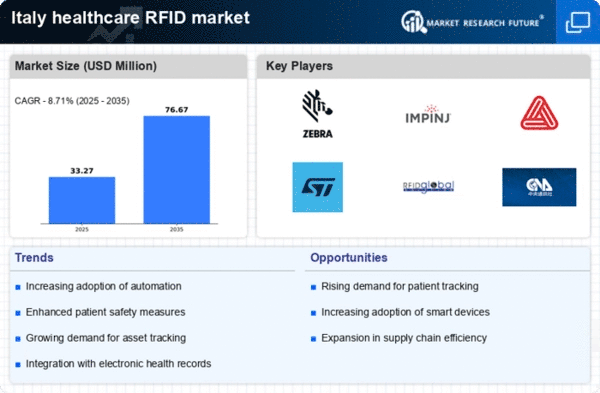
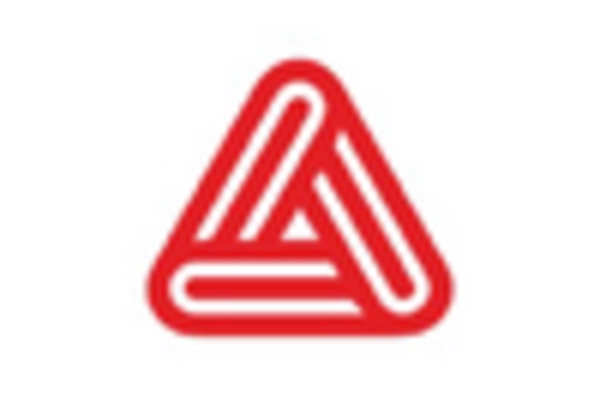

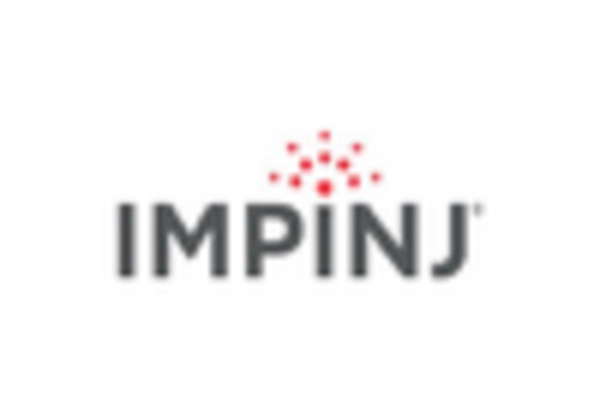
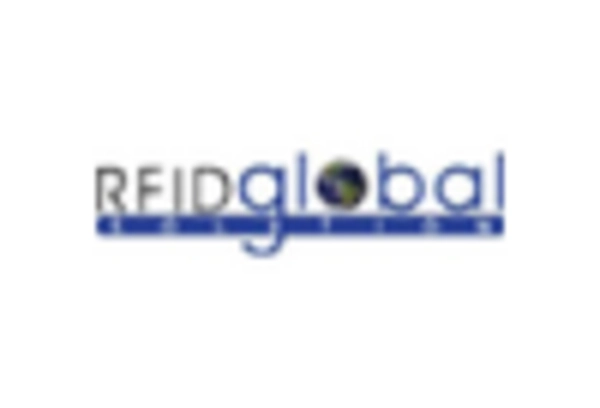
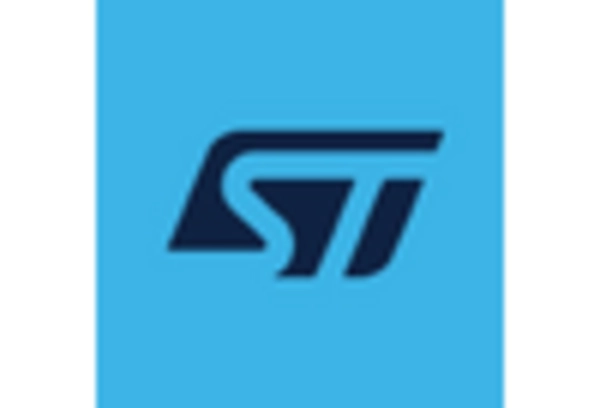









Leave a Comment